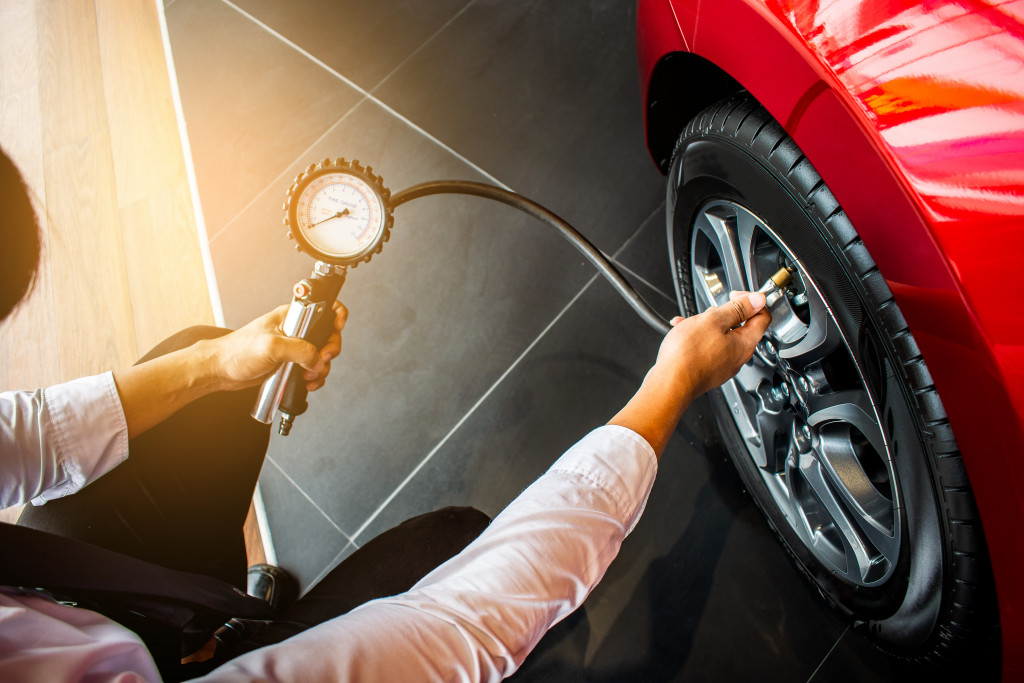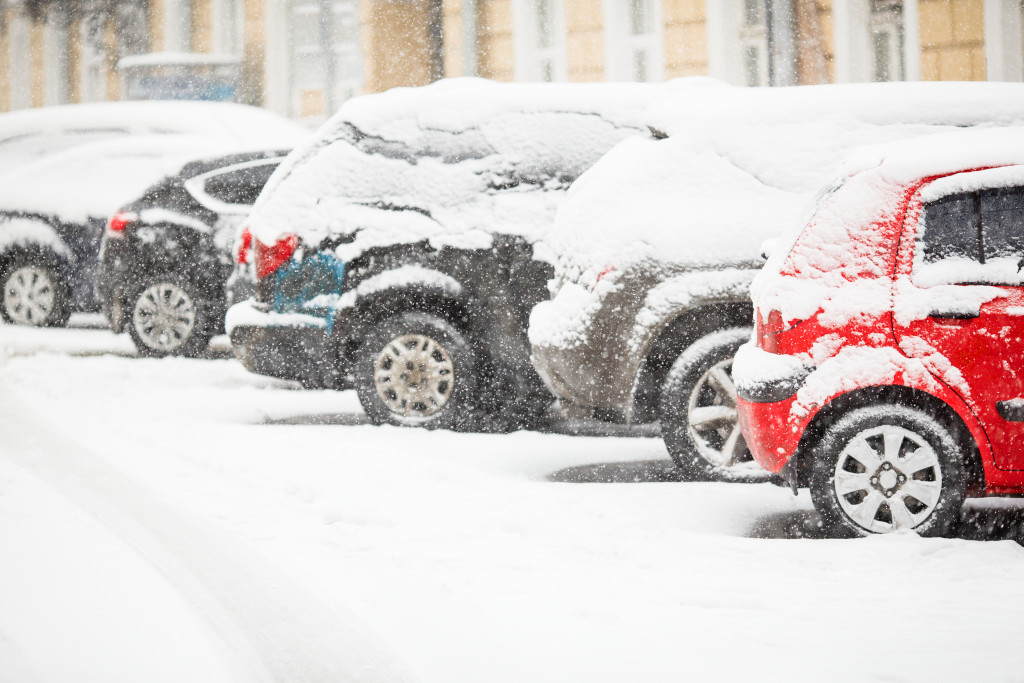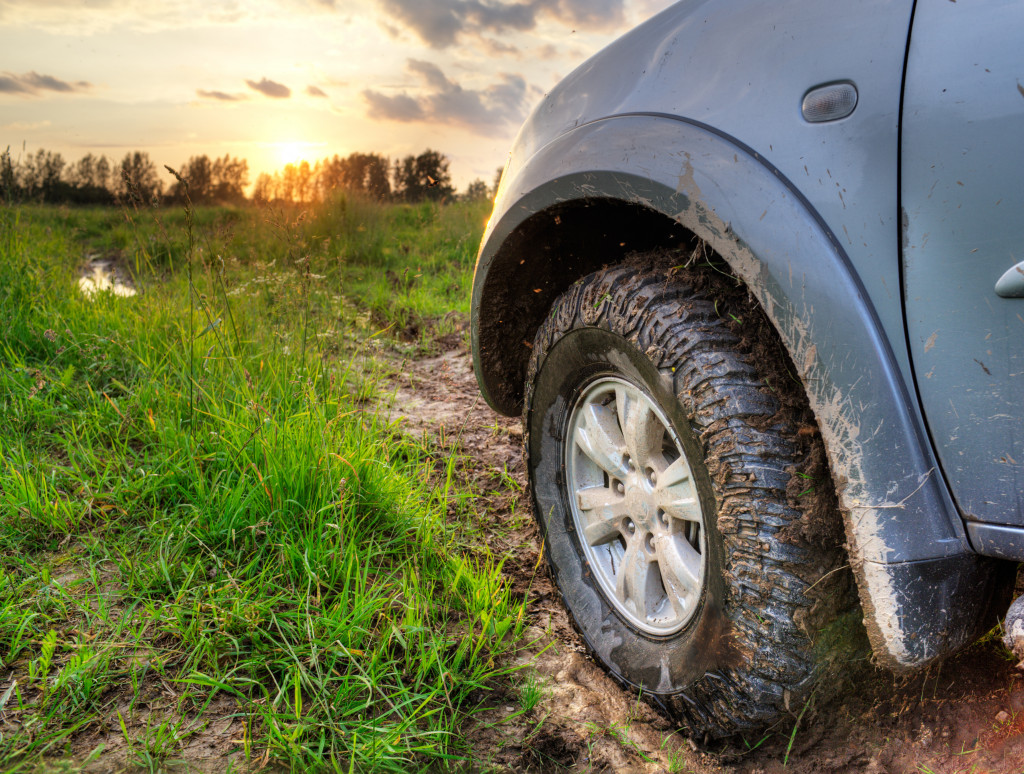Like anything that you own, car tires wear out, too. You see your car every day, so you might not even notice the wear and tear on them. They might be fine now, but sometimes you never know until you bust a tire. Here are some ways to prevent that from happening.
Your Tires’ Age
Although the wear of your tires is partly dependent on how often, how long, and where you drive your car, they usually have a lifespan of six years or less. But there is a way to know how old your tires are. Usually, you can find a four-digit engraving after a series of characters that start with DOT on the sidewall of each tire. These numbers may not make sense at face value, but they’re actually the date the tire was manufactured. For instance, 2120 is printed on them. This means that it was manufactured on the 21st week of 2020.
Air Pressure

Checking your tires before a long trip is part of anybody’s checklist. The last thing anyone would want is to be stranded. But checking your tires should be done regularly, not just before a road trip out of town. Adding air (and airing out) is something that anybody can do. You can drive to the nearby gas station and use their air dispenser. There’s usually a meter to tell you much air pressure is need.
If you find that your center treads are worn, then your tires could be overinflated. Too much pressure can cause uneven distribution of weight, thus the worn-out center treads. Let out some of that air until you have what you need.
Meanwhile, if you find that your tires’ edges are worn or squealing on curves, they could be underinflated. Add more air to your tires and check to see if any leaks might have caused this. But if the wear is too much for a remedy, consider other options.
Prolonged Heat
According to the National Highway Traffic Safety Administration, driving at a prolonged time in hot weather may cause tires to blow out. Your tires may be graded according to their resistance to heat. For reference, grade A is 62% heat-resistant, grade B 34%, and grade C 4%. Check to see what grade your tires are to gain insight into what conditions your tires can operate.
Cold Weather

Rubber doesn’t mix well with the cold. It becomes stiffer and loses traction at higher temperatures. It may cause your tires to be underinflated, and that can be risky. Keeping your car from prolonged exposure to the cold can help. But that doesn’t mean that you should not drive during winter. Instead, park your car inside your garage and only take it out when you need it.
As shared by the National Highway Traffic Safety Administration, traction in tires is graded from highest to lowest as “AA”, “A”, “B”, or “C”. The higher the grade, the better the traction.
Bad Driving Habits
Owning a vehicle means you have to take care of it, too. But the way you drive is just as important. Bad driving habits have negative consequences not just for your tires but for your entire car.
Failing to be religious about inspecting your car regularly is a disaster waiting to happen. This might not be a driving habit per se, but it will definitely affect your driving. Again, inspecting your car isn’t something you do only before a long trip. To avoid costs on repairs, have your car checked by a professional regularly. This helps you spot parts that need attention, including your tires.
Sometimes it’s inevitable to drive on rough rides to reach your destination. In this case, being a skilled driver helps your tires tremendously. But if you don’t usually steer clear of potholes, it’s time you do. Like falling dominoes, driving on potholes and uneven surfaces might be too much trauma to your tires that it relays the shock all the way to the rest of your car.
On the other hand, the skill of braking is yet to be mastered by new drivers. However, braking unexpectedly (or even unnecessarily) will harm the exterior of tires, especially when driving on dry, rough roads. Aside from their quickened deterioration, you might even have to contact an attorney for automobile accidents. Having the habit of suddenly hitting the brakes can cause accidents, too.
If costs are your concern, just know that a drop of prevention is better than a gallon of cures. Don’t put off buying tires if it’s time to replace them. For better guidance, consult the manufacturer or reputable repair service.



